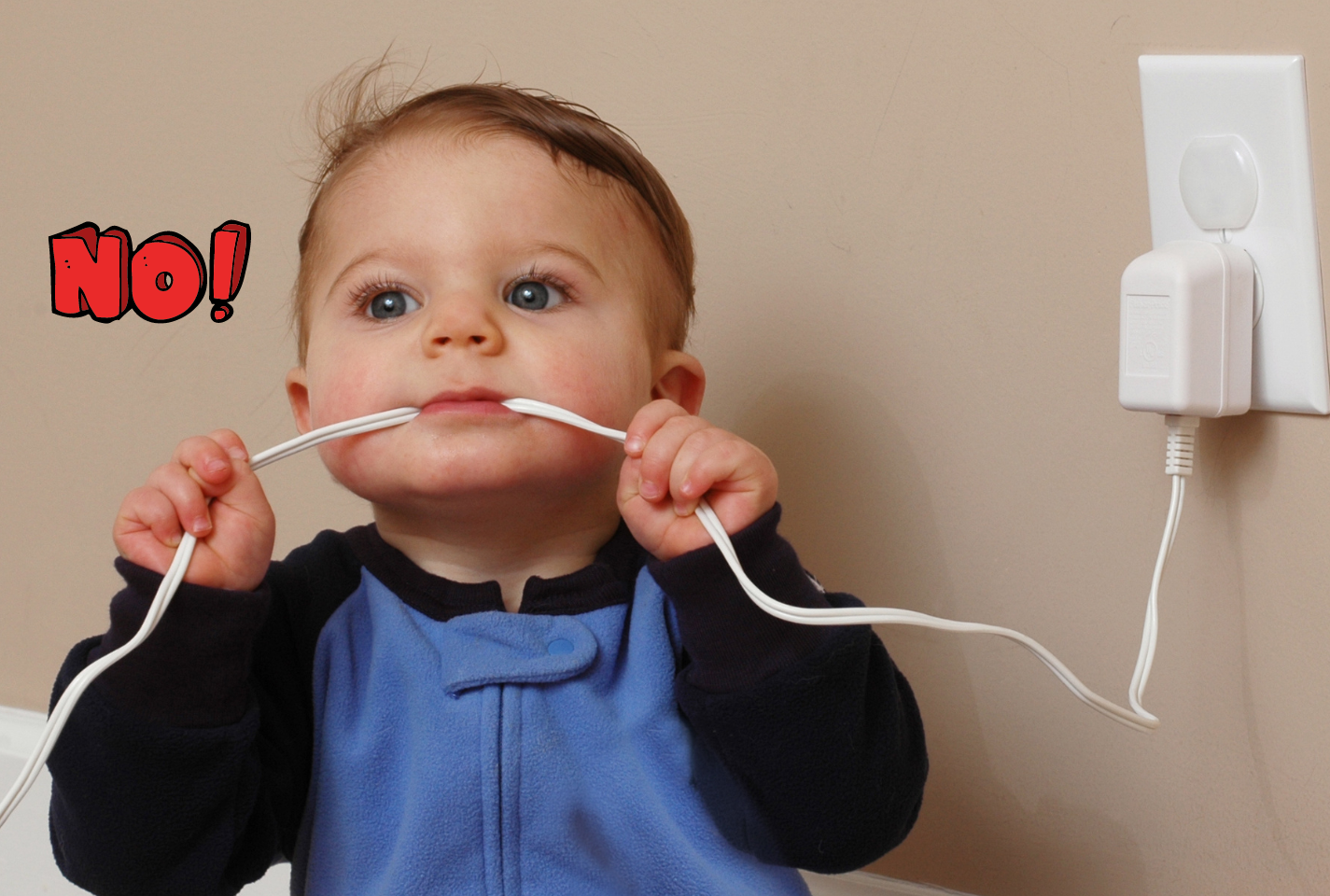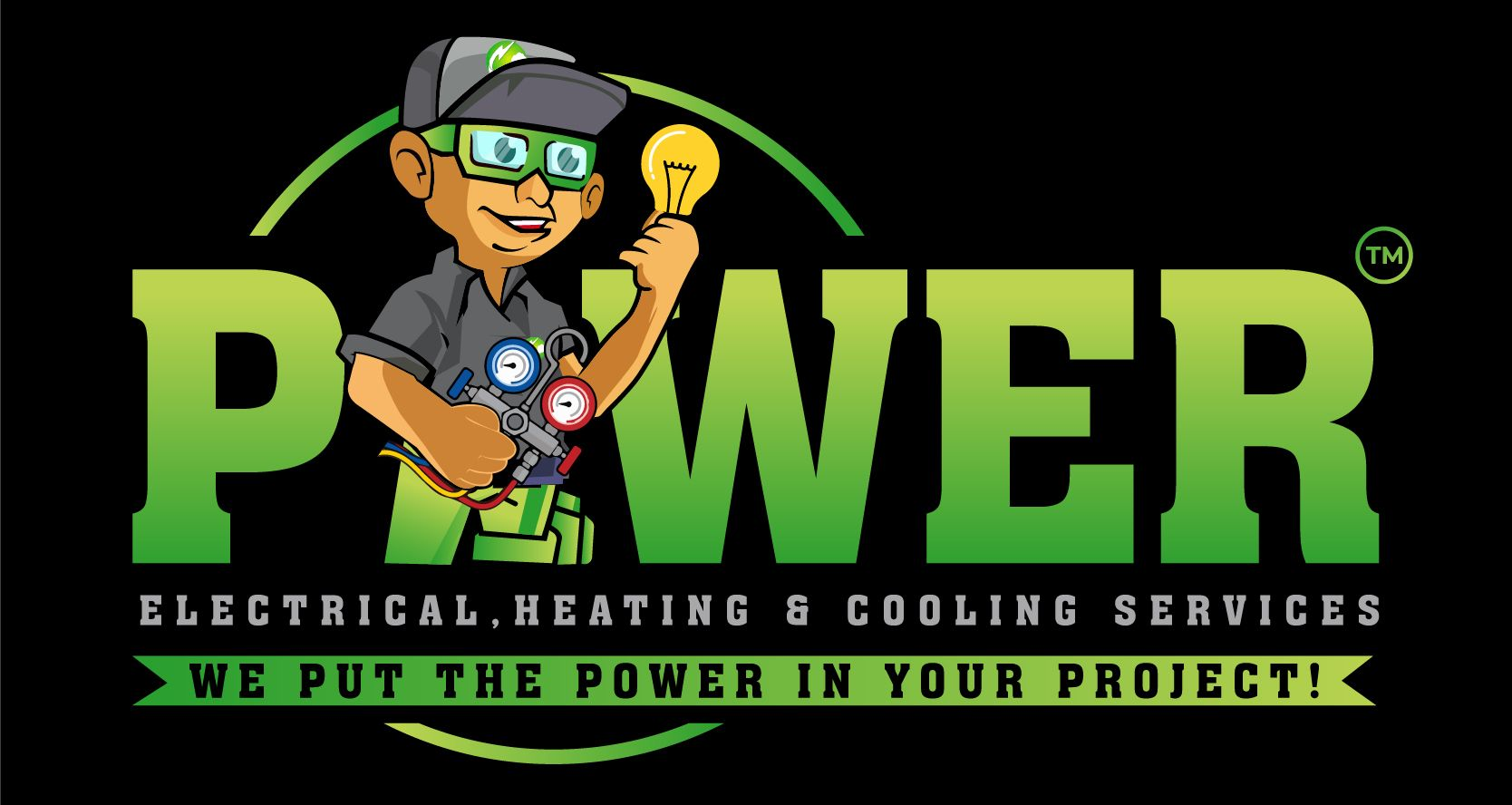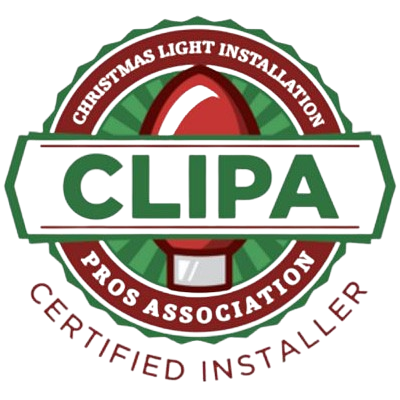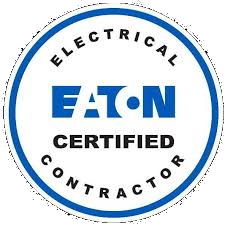Electrical Safety
Quality and safety is our top priority. We adhere to the highest industry standards and employ rigorous quality control measures to ensure that every project is completed with precision and excellence.
At Power Electrical Services, quality and safety is our top priority. We adhere to the highest industry standards and employ rigorous quality control measures to ensure that every project is completed with precision and excellence. From using premium-grade materials to employing best practices in installation and maintenance, we are dedicated to delivering
superior results that stand the test of time.
Whether you are a homeowner or a renter, electrical safety should be a top priority in your home. Awareness of electrical hazards is the key to reducing the staggering number of electrically related home fires, injuries
and deaths that occur every year.
The critical importance of electrical safety cannot be overstated. By acknowledging the risks associated with electricity and adopting comprehensive safety measures, individuals can significantly reduce the likelihood of accidents and injuries, safeguarding themselves, their families, and their homes.
Creating a Safer Environment

Smoke Detectors and Fire Extinguishers:
Install smoke detectors in key areas of your home and check them regularly to ensure they are working correctly. Keep a fire extinguisher on hand for emergencies, and make sure it's suitable for electrical fires.

Emergency Preparedness:
Have a plan in place for responding to electrical fires, including knowing how to safely use a fire extinguisher and when to evacuate the premises.

Child Awareness:
Electrical safety is crucial, particularly for children, who are curious and may not grasp the dangers of electricity. Educating kids and taking precautions can lower accident risks.
Basic Electrical Safety Rules for Adults
Understanding Electrical Systems
Gain a basic understanding of your home’s electrical system—know where your circuit breakers or fuse box are located and how to properly operate them.
Inspect Electrical Cords Regularly
Check cords for damage like fraying or cracking and replace them or have them repaired as necessary.
Use Appliances Wisely
Follow the manufacturer’s instructions for all electrical appliances. Never overload outlets or extension cords.
Extension Cord Safety
Use extension cords temporarily and ensure they
are rated for the power needs of your device or tool. Avoid running cords
under carpets or through doorways where they can become damaged.
Water and Electricity
Keep electrical appliances and tools away from
water to avoid shock. Never handle electrical devices with wet hands.
Childproofing and Protecting Others
If you have children or visitors with
children, use outlet covers and keep electrical cords and devices out of
reach to prevent electrical injuries.
Outdoor Electrical Safety
Be mindful of overhead power lines when
using ladders, pruning trees, or handling long objects outdoors. Maintain a
safe distance from power lines when working outside.
Use outdoor-rated extension cords and cover outdoor outlets with a
weatherproof cover.
In Case of Electrical Emergencies
Know how to respond to an electrical
fire—do not use water to extinguish electrical fires; use a fire extinguisher
rated for electrical fires instead.
If someone is experiencing an electric shock, do not touch them directly.
Cut off the power source or use a non-conductive material to separate
them from the electricity.
Electrical Work and Repairs
Understand your limits. Simple tasks like
replacing a light fixture can be done by a knowledgeable homeowner, but
more complex work should be left to professionals.
When in doubt, hire a licensed electrician. Improper DIY electrical work can
lead to fire hazards and is often not compliant with local building codes.
GFCI Protection
Install Ground Fault Circuit Interrupters (GFCIs) in areas
where electricity and water may come into contact, such as bathrooms,
kitchens, and outdoor spaces. Test GFCIs regularly to ensure they are
working properly.
Power Surge Protection
Use surge protectors to safeguard your
electronics and appliances from damage due to power surges. This is
especially important for high-value items such as computers, TVs, and
home entertainment systems.
Routine Electrical Inspections
Consider having your home’s electrical
system inspected by a professional, especially if your home is old or you’re
experiencing signs of electrical problems, such as frequent breaker trips or
flickering lights.
By adhering to these electrical safety tips, adults can protect themselves,
their families, and their homes from the risks associated with electrical
systems and devices. Always prioritize safety and when in doubt, consult
with or hire a professional electrician.
Basic Electrical Safety Rules for Children
Do Not Touch Electrical Outlets
Teach children never to stick their
fingers or objects into electrical outlets.
Stay Away from Power Lines
Explain the importance of staying away
from power lines, both overhead and those on the ground.
Keep Electrical Devices Away from Water
Make sure kids understand
the risk of using electrical devices near water, including not touching
switches with wet hands.
Do Not Touch
Teach them never to touch someone who is being
electrocuted or electrical equipment that is causing the shock.
Call for Help
Instruct them to call for an adult or dial emergency services if
they witness an electrical accident.
Unplugging Devices
Show them how to safely unplug devices by pulling
the plug, not the cord, to prevent damage.
Handling Damaged Electrical Cords
Teach them to recognize damaged
cords (fraying, exposed wires) and to tell an adult if they find any.
Turning Off Switches
Encourage the habit of turning off electrical devices
and lights when not in use.






